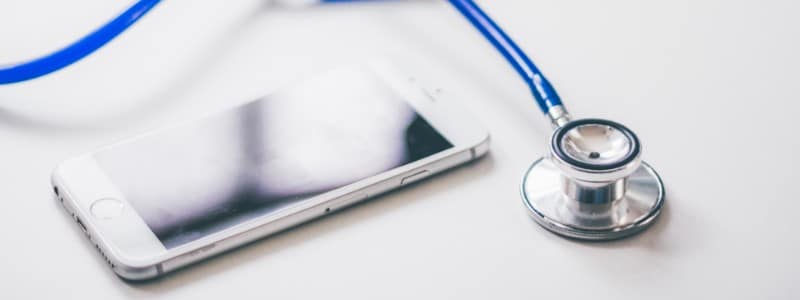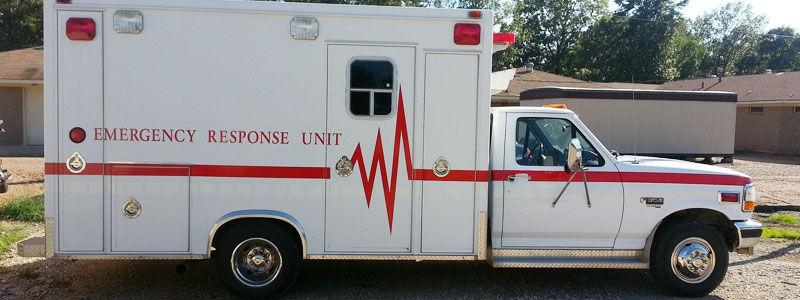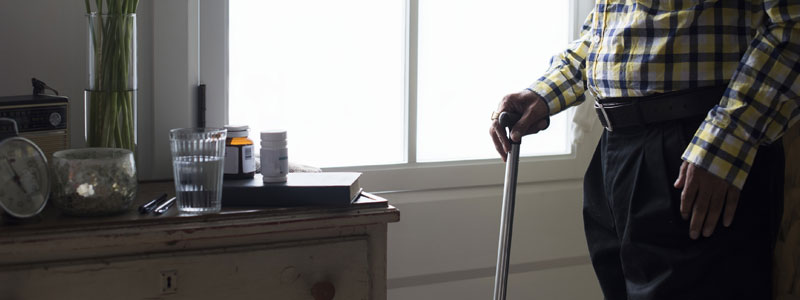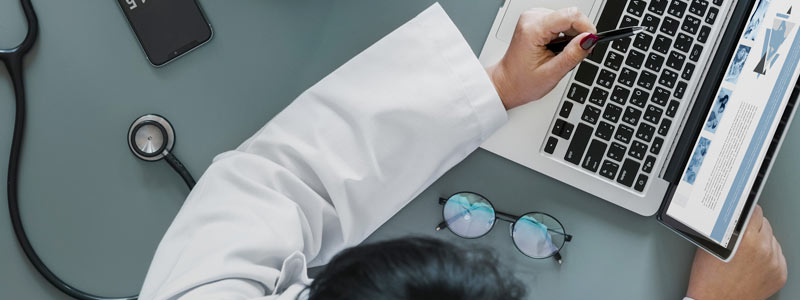Should I Continue Medical Treatment During a Pandemic?
It’s perfectly normal to be apprehensive about going to the doctor right now. For weeks our television screens and social media feeds have been flooded with stories about COVID-19 horrors and an overwhelmed healthcare system. We’ve been asked to practice social distancing and to stay at home except for crucial trips. Some doctors offices have […]

April 28, 2020

It’s perfectly normal to be apprehensive about going to the doctor right now. For weeks our television screens and social media feeds have been flooded with stories about COVID-19 horrors and an overwhelmed healthcare system. We’ve been asked to practice social distancing and to stay at home except for crucial trips.
Some doctors offices have closed. Others have adopted increased safety measures while remaining open. The risk of going to your doctor’s office seems to far outweigh the reward. However, if you’ve recently been in a car accident, or if you’re applying for Social Security disability benefits (SSDI), going to the doctor is unavoidable.
Follow-up Medical Treatment After a Car Accident

Even if your car accident happens during the COVID-19 pandemic, it’s important to seek medical attention for any possible injuries. You deserve a fair settlement for a car accident that wasn’t your fault. But the longer you go without treatment, the easier it will be to justify a smaller settlement.
If you were injured in a car accident, you can file a personal injury claim with the at-fault driver’s insurance company to recover damages like medical bills, lost wages, and pain and suffering.
The first thing you should do after calling the authorities to the scene of the car accident is seek immediate medical care. Emergency teams will check you over to see if you have sustained any injuries from your accident. Without that initial treatment establishing your injury, you will have a very hard time proving to the insurance company that you deserve money for medical bills.
After you file a personal injury claim, the at-fault driver’s insurance company will try to minimize your damages. They can use many excuses such as insisting that your injuries are a result of a preexisting condition, or were caused by an unrelated incident.
In a way, your doctor’s word will serve as a testimony on your behalf. Without records from your doctor proving your injuries were a result of your car accident, the insurance company has no reason to take you at your word. You have no medical background and cannot be absolutely sure of your injuries. The insurance company may immediately dismiss your own testament that your injuries were caused by your car accident, but it is difficult to argue with a written notice from a doctor.
But you must also have continued medical care after your initial checkup. This includes follow-up appointments and physical therapy. If you do not go to follow up appointments, it is entirely possible that your injury may become worse. This gives the insurance company the opportunity to say that your injuries aren’t as severe as you claim.
If you choose not to go to your doctor due of fear of contracting COVD-19, you run the risk of not receiving a settlement large enough to cover all of your losses. As a result, it is incredibly important that you seek immediate care, attend every follow up appointment, and act on your physician’s recommendations. Continuous medical treatment gives your Indiana personal injury attorney the best chance of recovering damages for you.
A Successful SSDI Claim Needs Medical Evidence

If you are applying for Social Security disability benefits (SSDI), you will need to prove that you have been treating your injury by seeking a medical professional’s help. The SSA will deny your claim if you cannot prove the severity of your injury with treatment. Much like the insurance company in personal injury cases, the SSA wants to see medical evidence for your condition, and that you are actively treating or managing your condition. You can do that by providing them with medical records.
A Social Security disability attorney can gather medical records for you, but you must do your part to follow your doctor’s order for treatment. If you are in the appeal process and haven’t seen your doctor in a while, it may be in your best interest to schedule an appointment before your hearing. A fresh assessment of your condition can help the SSA make a well-informed decision about your claim.
It can take 30-60 days for medical records to become available to send to the SSA. At the very least, you should seek treatment no later than 60 days before your disability hearing.
How to Safely Get Treatment

Of course, just because seeing your doctor would make the legal process easier doesn’t mean it’s easy to see your doctor right now. SSDI applicants and the already injured are especially vulnerable to COVID-19. Scheduling a doctor’s appointment may not be possible or easy during this time.
Doctors all over the country are doing what they can to keep all their patients safe. Many are taking temperatures before they allow people to enter the facility, and most medical staff are wearing masks, even for the most routine visits. Safety is the highest priority of physicians and medical staff all over the United States.
If you are afraid of catching COVID-19 at your doctor’s office, ask if they offer telehealth appointments. Many offices have the capability to consult their patients via webcam. Government officials have also recently relaxed regulations for telehealth consultations so more people can avoid an in-person visit. Chatting with your doctor over a webcam or phone allows you to safely get treatment from the comfort of your own home.
Help from a Local Indiana Attorney
At the end of the day, only you can decide what is best for your health. You are well within your rights not to seek medical attention if you are worried about catching COVID-19 at the doctor’s office. But failure to obtain proper documentation of your medical treatment could result in being unable to recover damages or receive benefits.
When in doubt, consult your Indiana personal injury lawyer. They will be able to give you advice on how to proceed.
If you have any questions about how disability benefits or your personal injury case are affected during this time, please contact Hensley Legal Group. Our lawyers are ready to assist you however possible. Call, text, or contact us online for a free consultation.
Available 24/7
Free Case Review
You won’t pay any fees until we win your case.
It’s easy - you can: